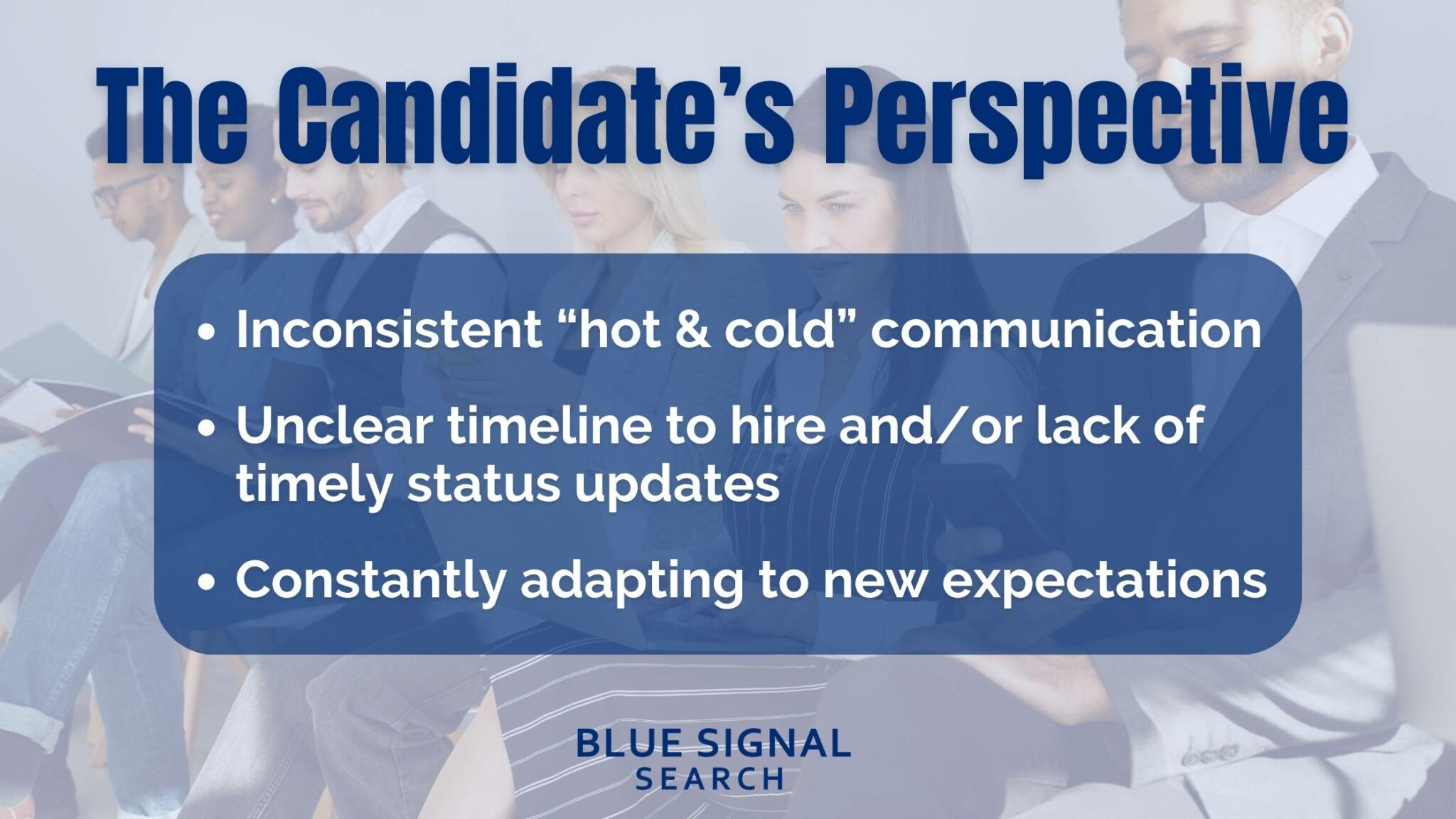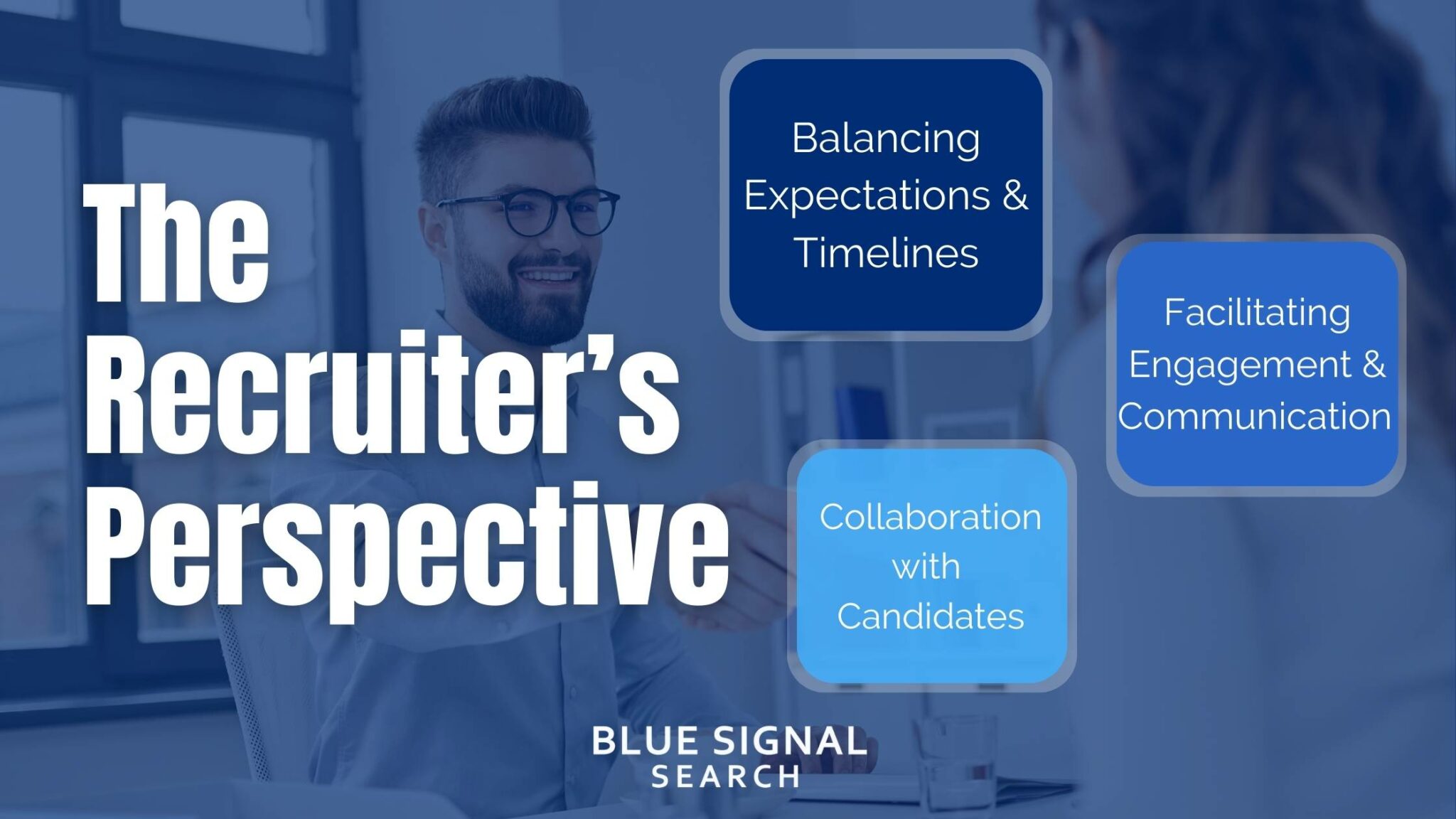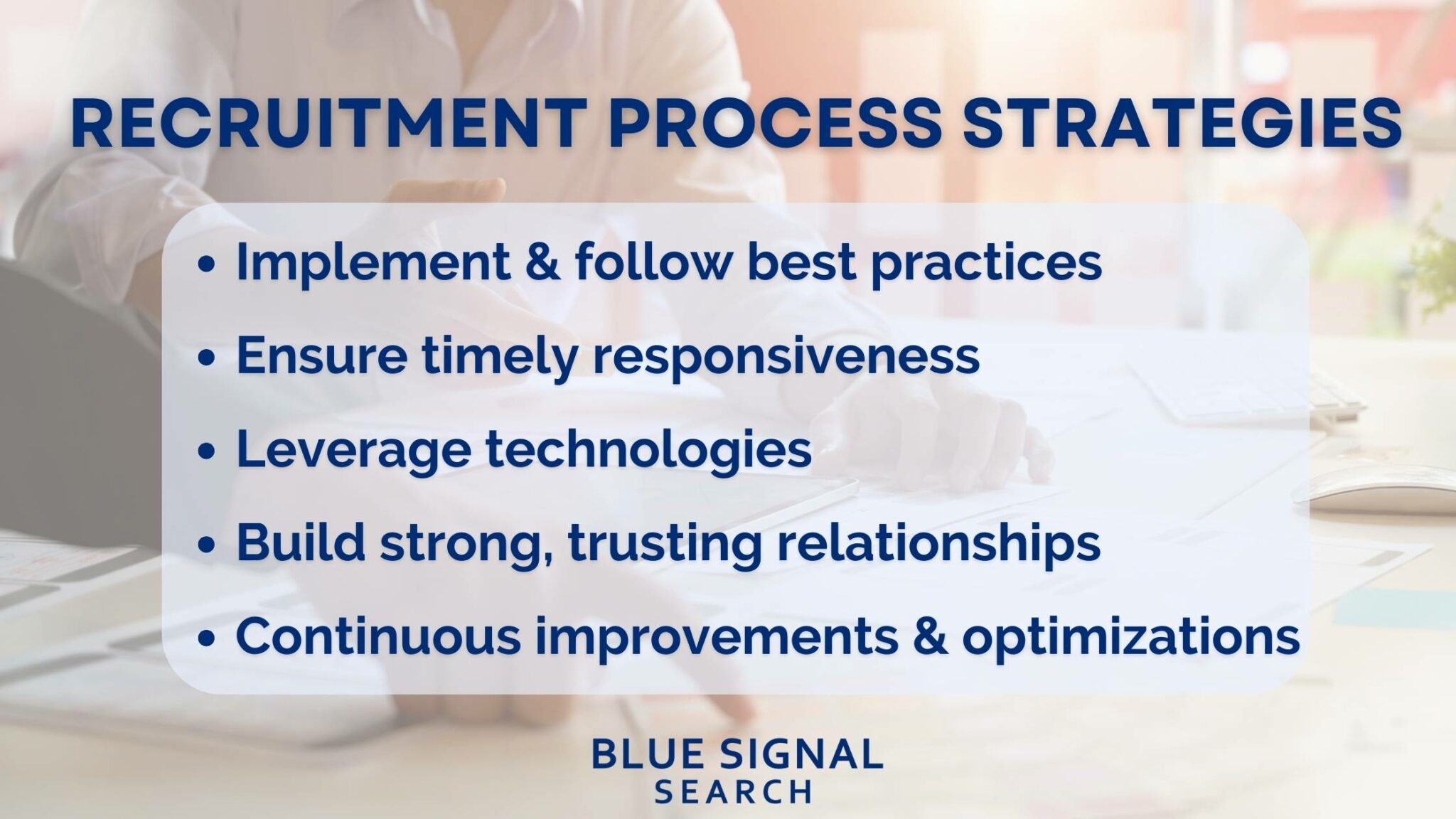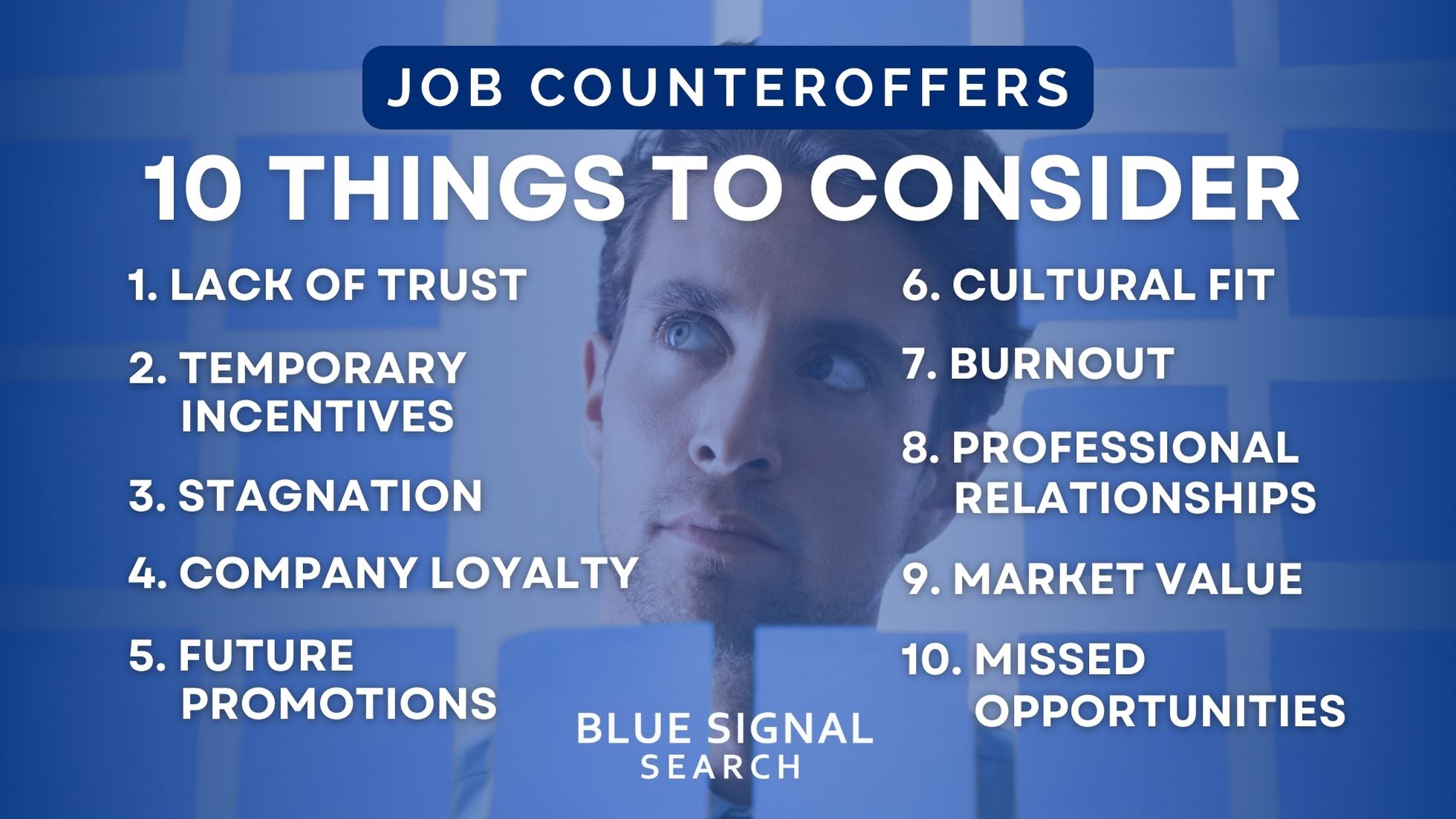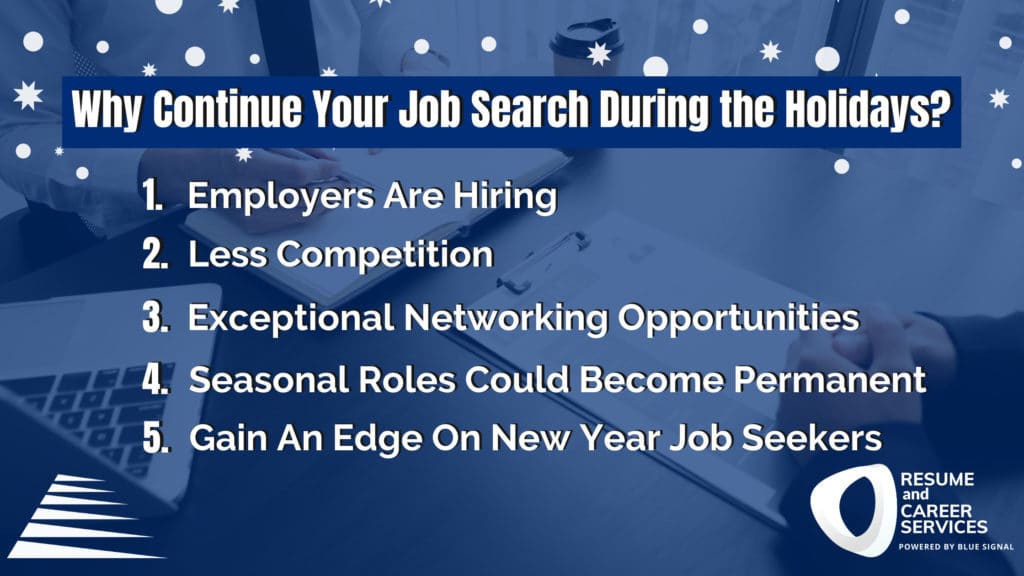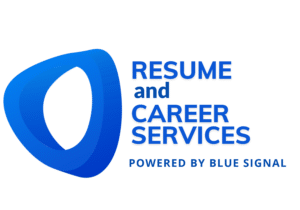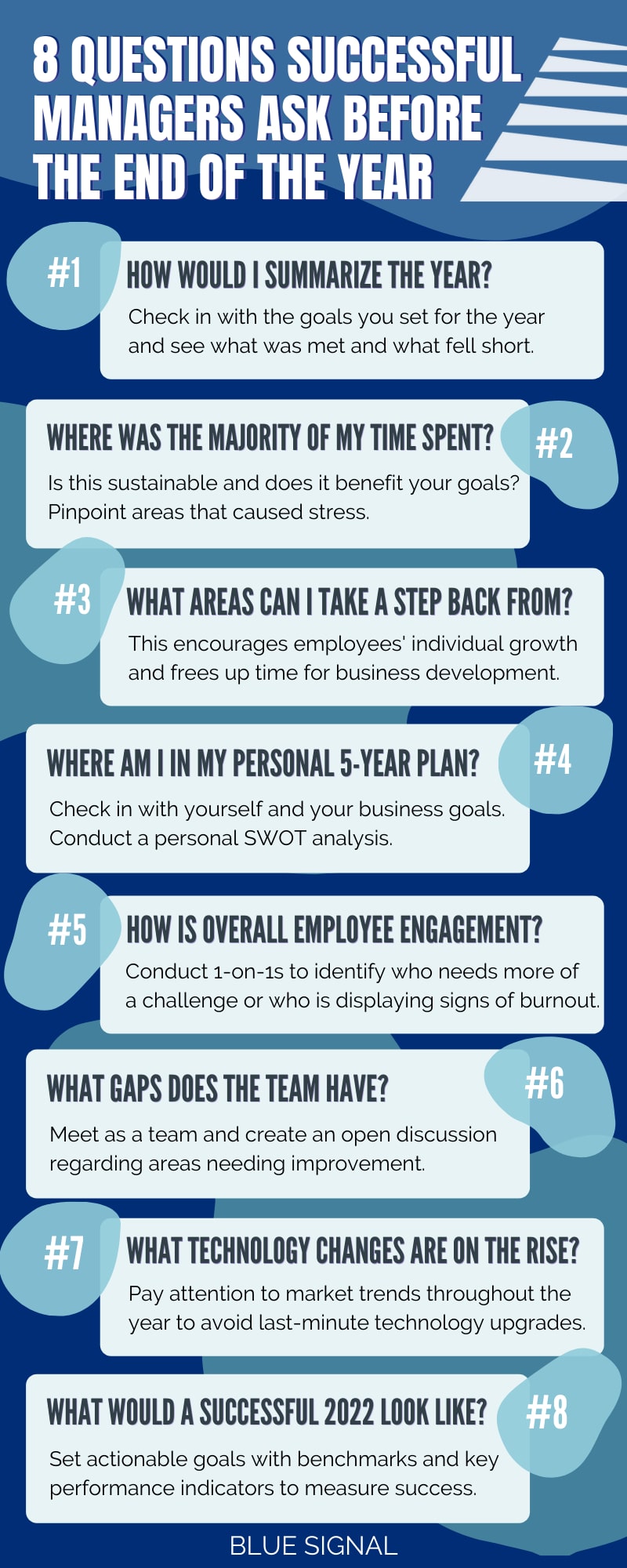In the latest installment of our Monday Market Share series, join us as we take a closer look at the evolving landscape of the wireless and mobile communications job market. This month, we have the privilege of featuring insights from Bryan O'Connor, Sr. Director of Recruiting, who possesses a profound grasp of this rapidly evolving industry. Let’s explore the latest trends, identify growth sectors, and examine how emerging technologies are reshaping job opportunities in the realm of wireless and mobile communications.
In this interview, Bryan answers key questions about the wireless and mobile communications job sector using his extensive expertise:
- What is the current state of the wireless and mobile communications job market?
- Which sectors are growing the fastest, and what roles are in high demand within these sectors?
- What emerging technologies are currently shaping the wireless and mobile communications industry?
Read on to hear his responses or click on the video below!
What is the current state of the wireless and mobile communications job market? Are there any notable trends or developments in the industry that are affecting hiring?
“One of the things we've seen this year is the Carriers notably slowing down their spending in the wireless space. This trend has led to a shift in funding models, particularly in areas like in-building DAS (Distributed Antenna Systems). We've seen a move towards more venue owner-funded models instead of the traditional carrier-funded model. And many of our clients have pivoted to sell directly to the building owners instead of relying on the Carriers.
Additionally, we’ve seen many traditional wireless DAS integrators begin to modify their business models They are not only deploying and integrating systems but are also taking on the responsibility of owning and maintaining these systems after installation. This shift has been interesting to watch, and I think we'll see the Carriers start spending again in the new year.”
Within the industry, which sectors are currently growing the fastest, and which roles are in high demand within these sectors?
“The areas that are going fastest now seem to be focused on private networks, CBRS, and the push to roll out 5G more and more. Fixed Wireless Access really took off last year and has continued to expand considerably. However, the biggest hot spot I've seen this year is fiber, fiber-to-the-home (FTTH), and broadband expansion roles. This includes roles such as outside point fiber engineers, and those specializing in fiber engineering, and construction project management. Currently, leadership roles in outside plant and fiber deployment are among the most in-demand positions in the industry.”
What emerging technologies are currently shaping the industry and how are they influencing job opportunities and skill requirements within the sector?
“5G fixed wireless access really started expanding heavily last year and the growth has continued throughout this year. It doesn't seem to be slowing down currently, and if anything, it's going to continue to expand.
The other big move is the rise of various AI tools and systems, and there's going to be a loT of AI integrations with various IoT and edge network platforms that will use machine learning to analyze and optimize things like network connectivity, performance, and cybersecurity.
Moreover, there's going to be a heavy demand due to increased fiber infrastructure for data centers escalating as 'hyperscalers’ that are ramping up their use of AI technologies. This expansion is going to require enhanced computing capabilities, resulting in a greater need for fiber connectivity to support the bandwidth requirements of large data centers. I think we'll see a surge in jobs created for those that have hone their skills in AI and machine learning.”
Recommended Read: AI's Influence in Wireless Communications
For a deeper dive into how AI is driving the demand for fiber, Bryan suggests checking out this insightful article on Fierce Telecom. It sheds light on current trends and future projections in the telecom industry, underscoring the growing intersection between AI and telecommunications infrastructure.
Conclusion
In conclusion, the wireless and mobile communications industry is witnessing a swift evolution, marked by changes in funding models, sector growth, and new technologies. Bryan O'Connor's insights offer crucial guidance for maneuvering through this dynamic job market. At Blue Signal, our dedicated focus on these industry shifts ensures we provide top-tier recruitment solutions, particularly in wireless and telecom recruiting.
Discover how our expert team can support your hiring endeavors and contribute to your success in the fast-paced mobile communications sector. Reach out to us today to learn more about our services and how we can address your specific hiring needs.
About Bryan O’Connor
Meet Bryan O'Connor, your go-to recruiting expert in the wireless and mobile communications sector. With his sharp insight into industry trends and a thorough grasp of the technological advancements reshaping the job market, Bryan excels at matching talented professionals with their ideal positions in this dynamic field. If you're seeking to fill roles with top-tier talent in this rapidly evolving industry, don't hesitate to reach out to Bryan. He's ready to assist with your hiring needs and help you navigate the unique challenges of the wireless and mobile communications job market
Partner with us for your next hire.
Set up a free consultation with a recruiting manager. Tell us about your hiring need.
By submitting this form, you consent to receive communications from Blue Signal, including phone calls, emails, and text messages.
